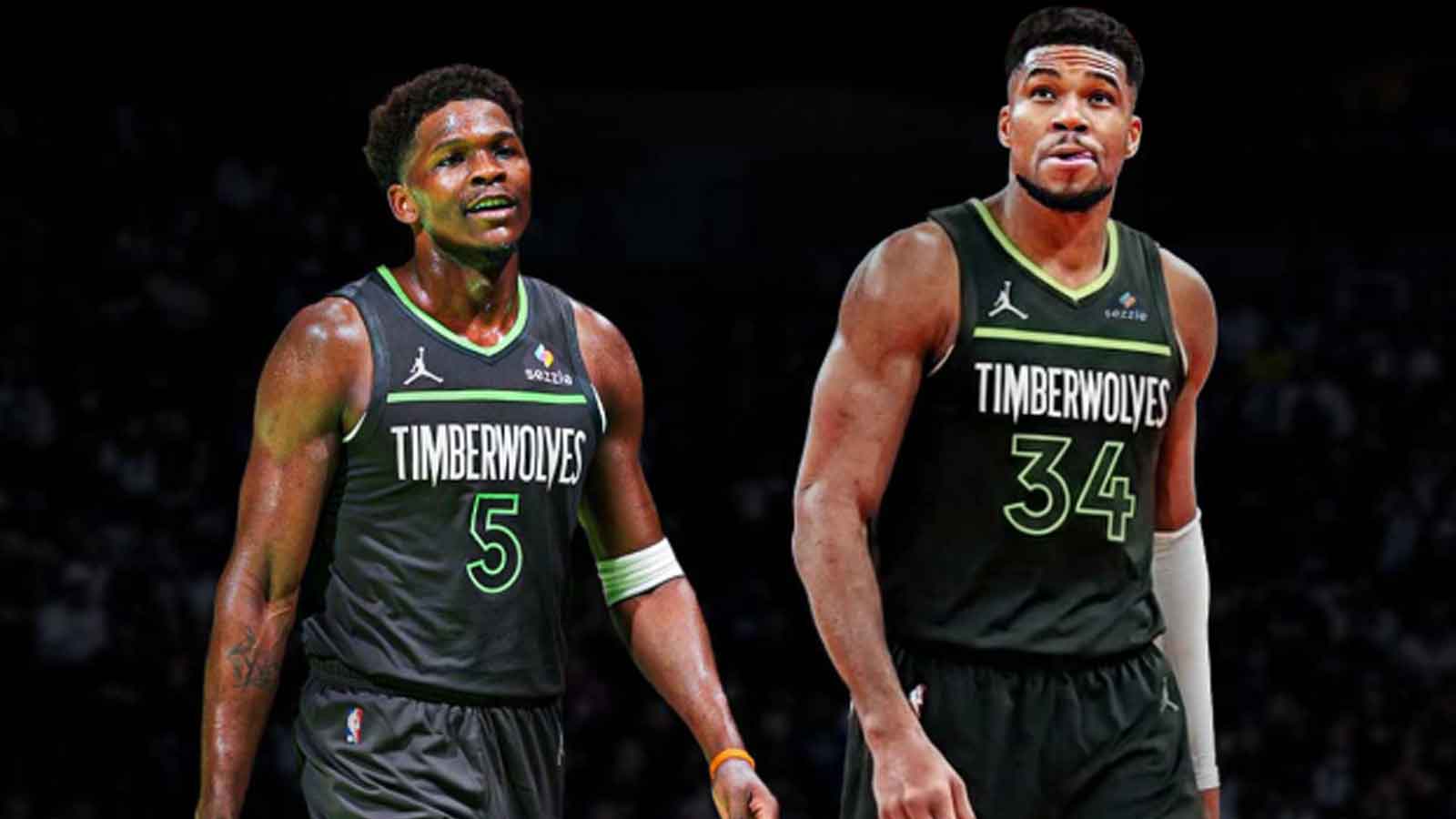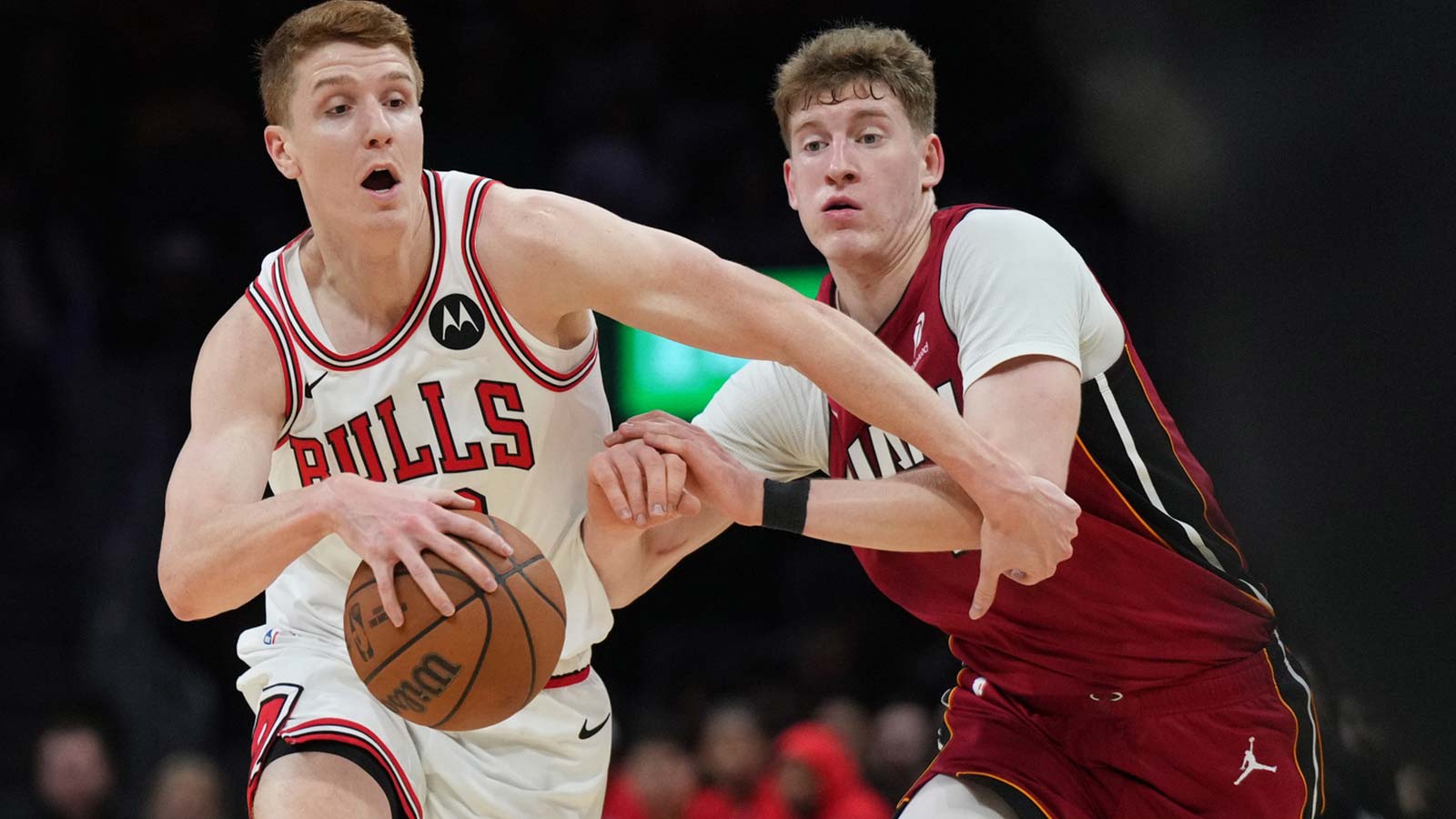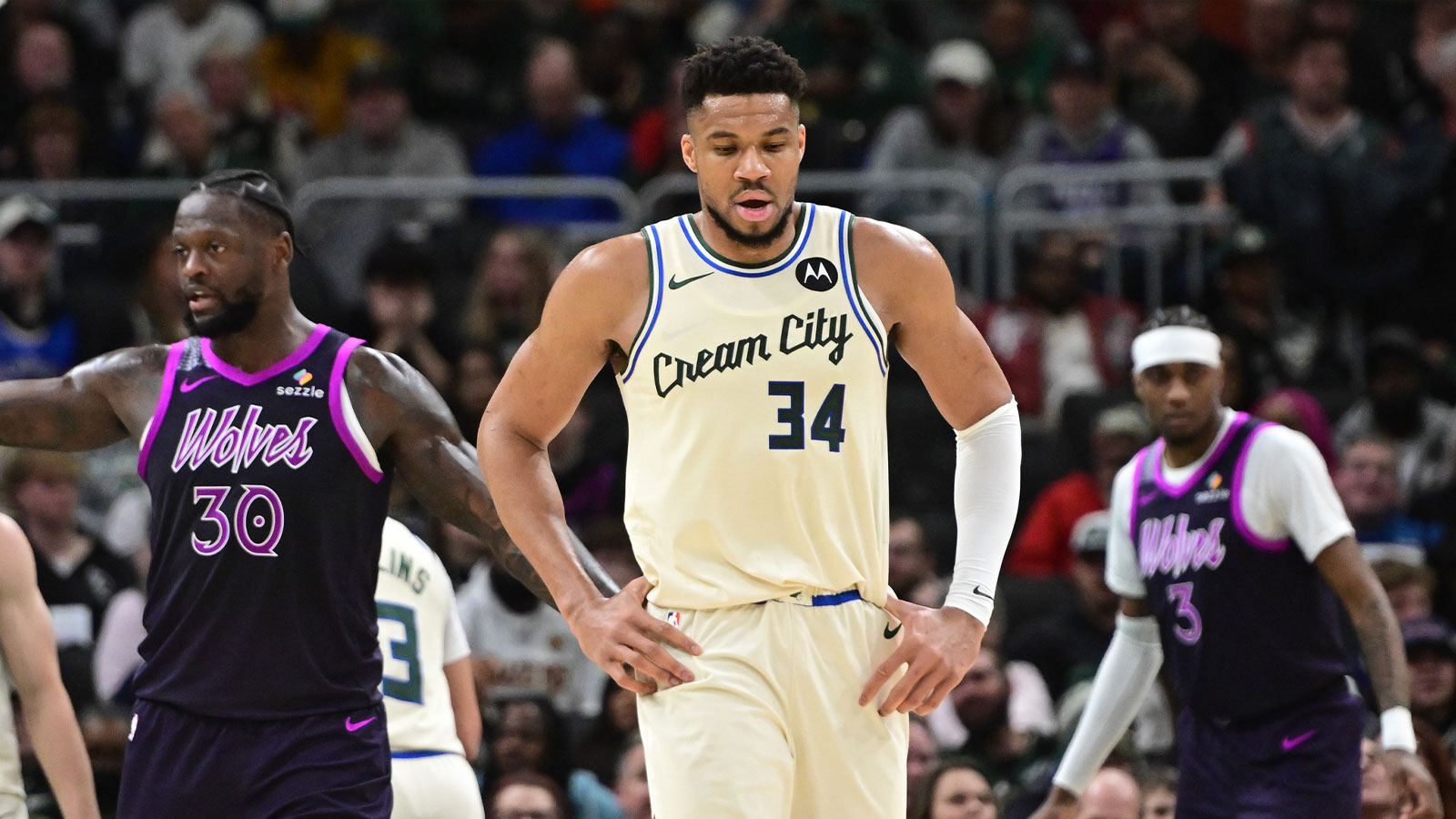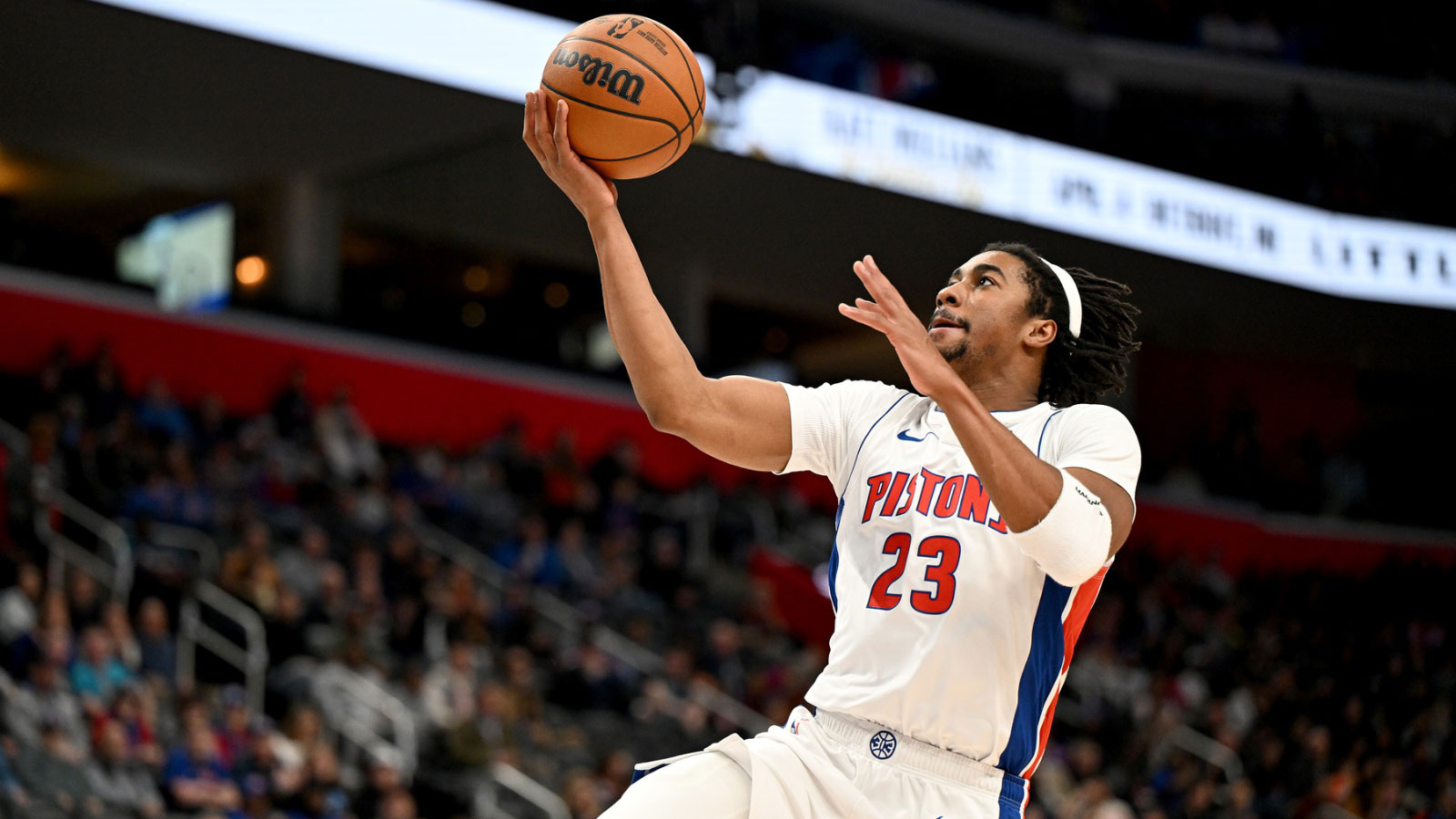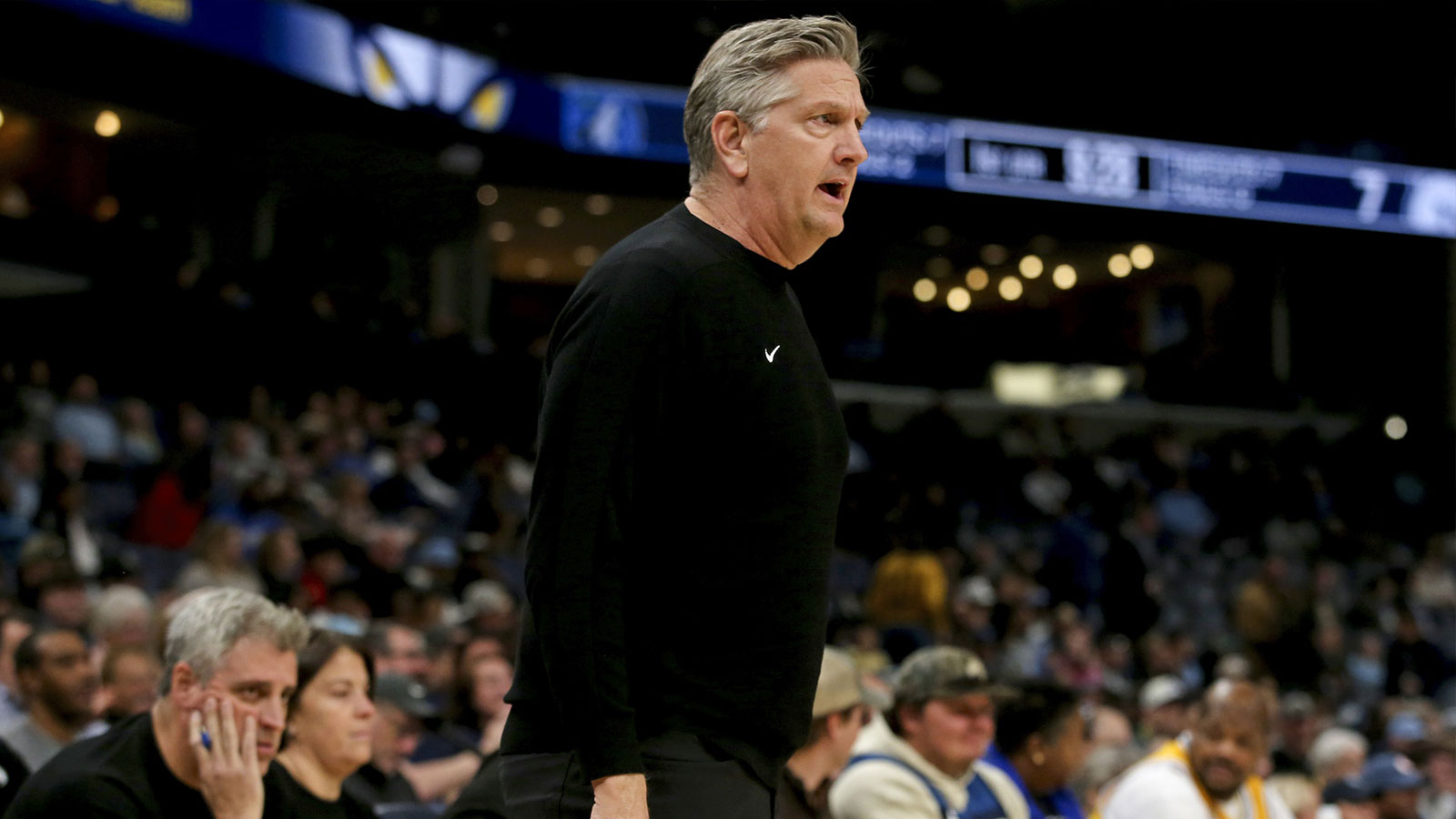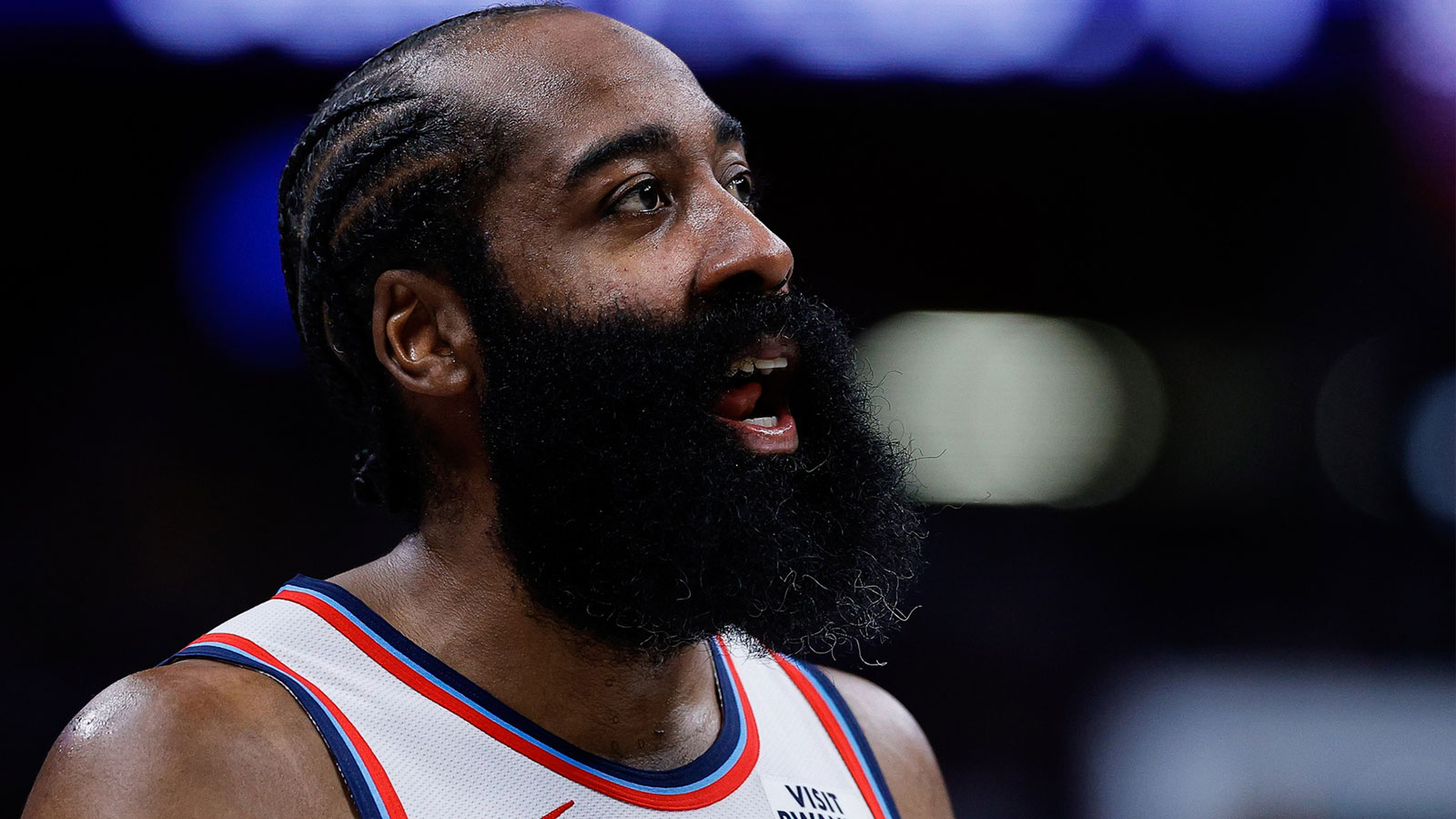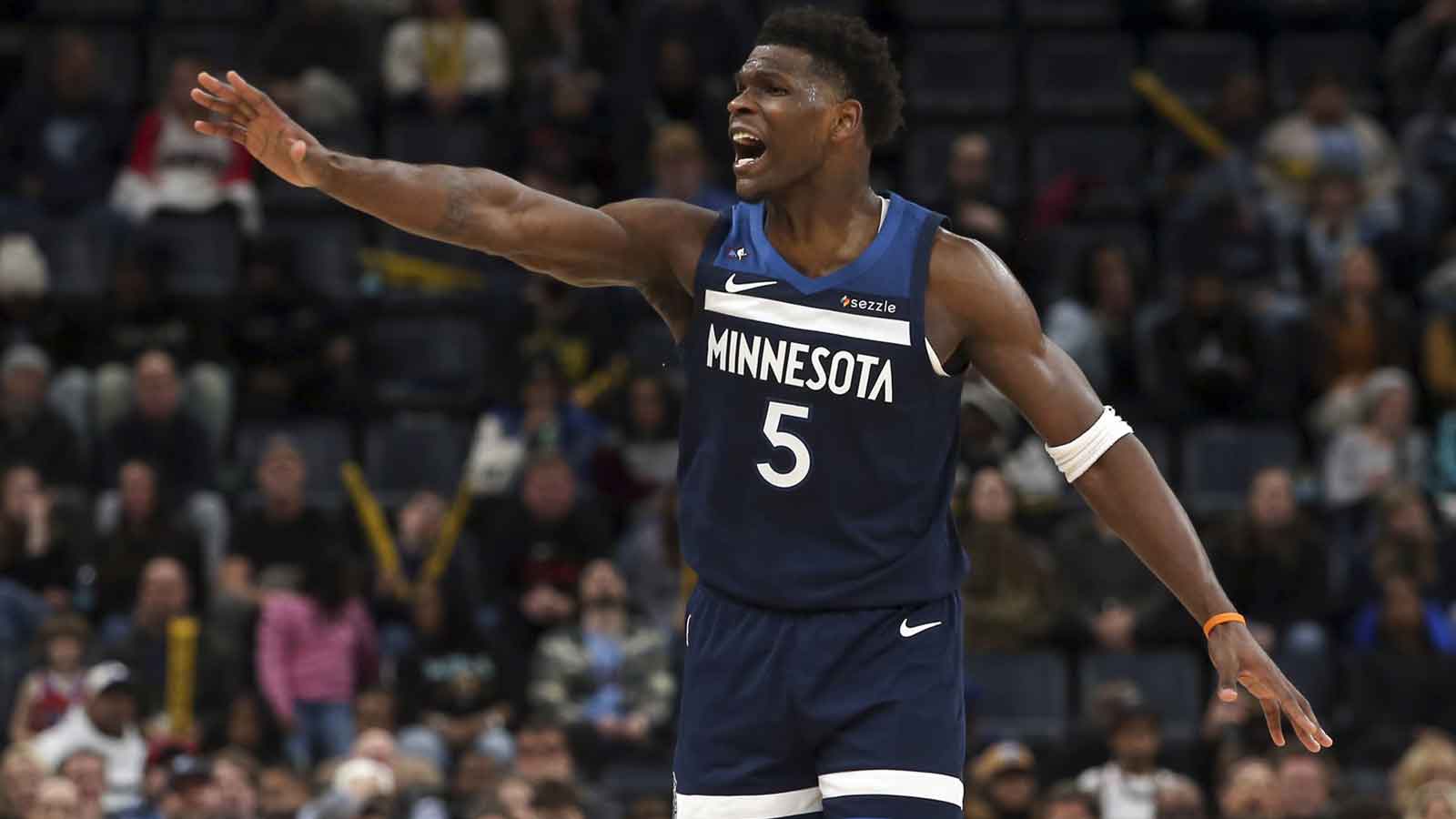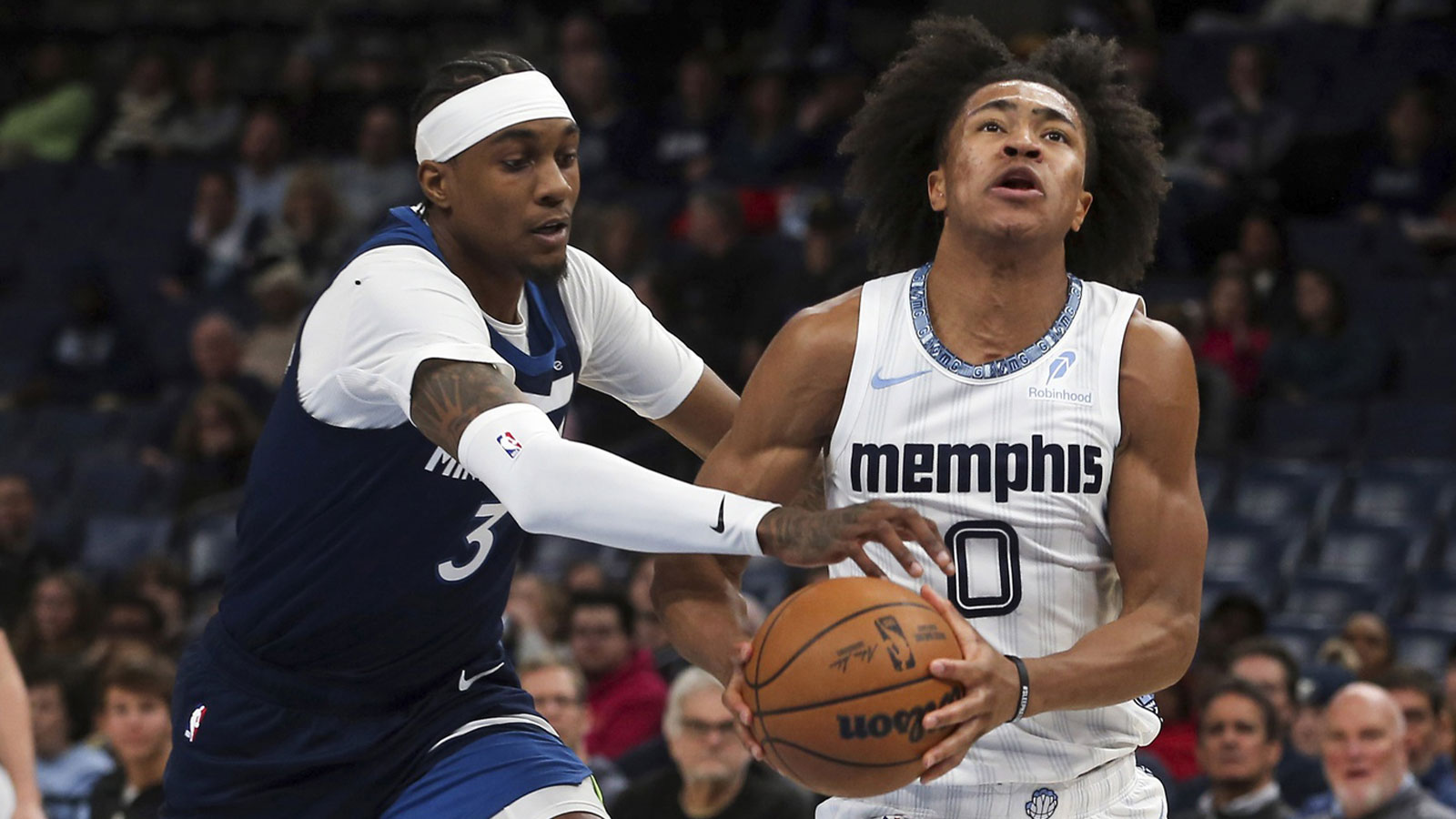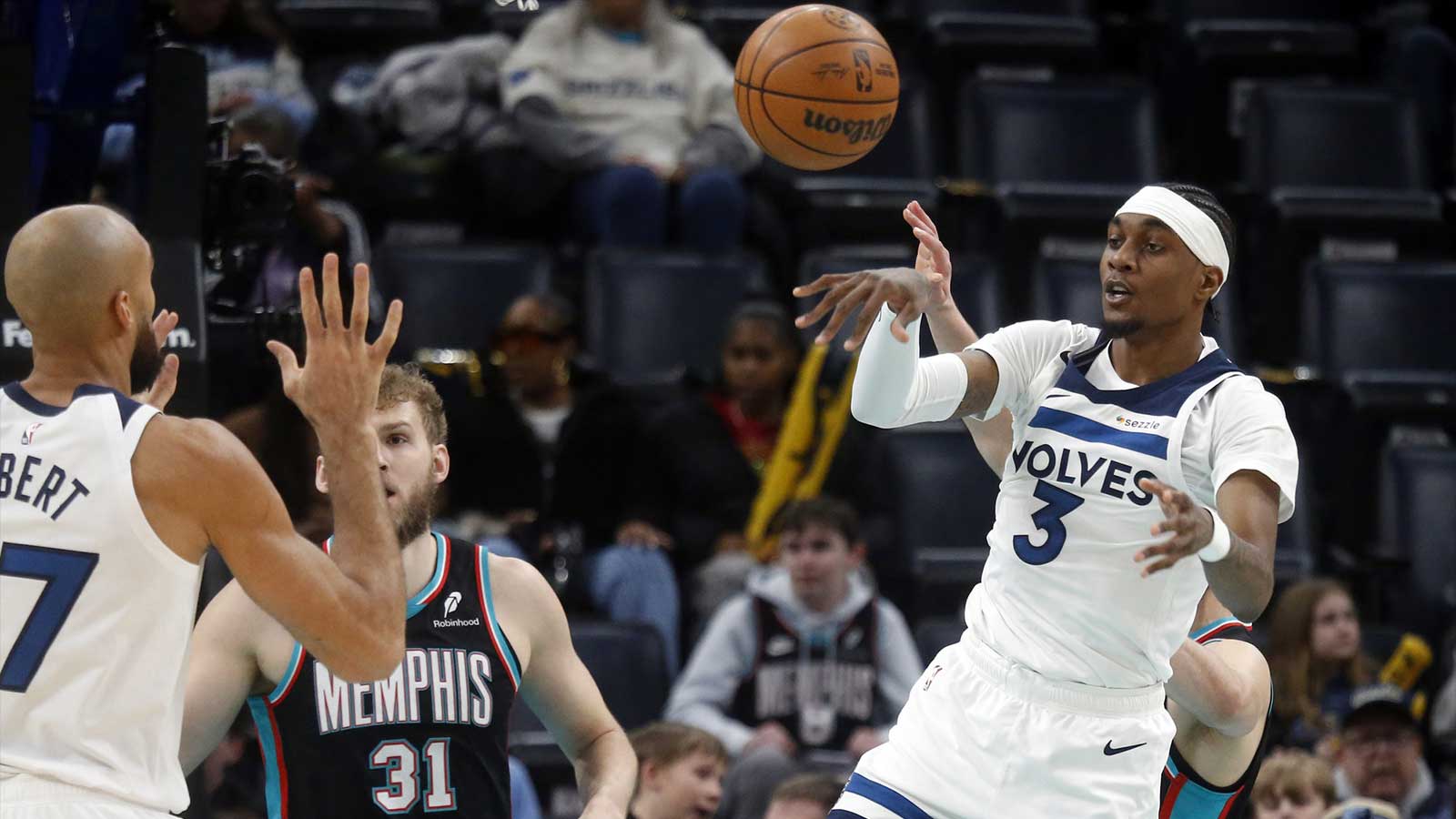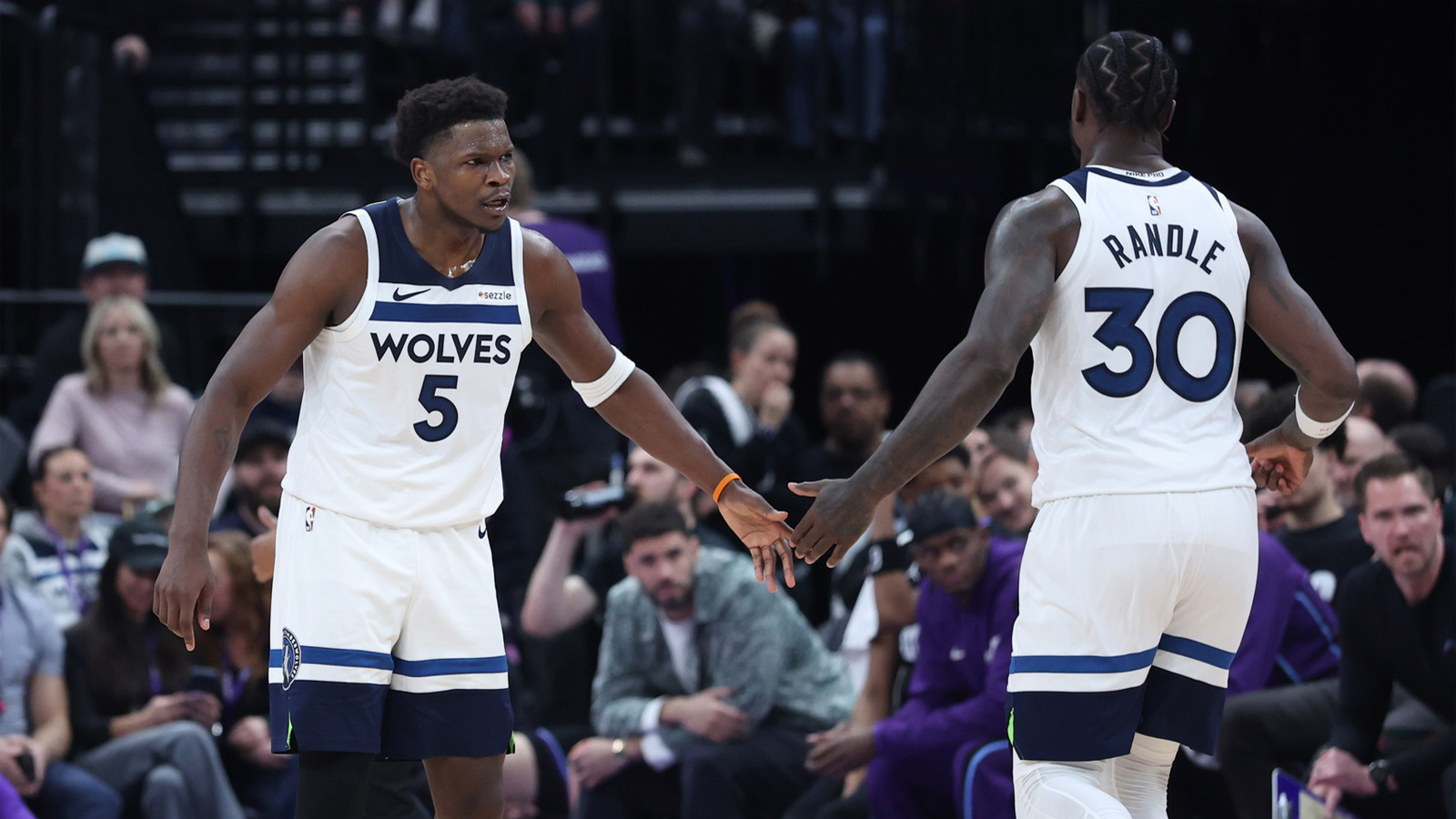The Minnesota Timberwolves are in the midst of what could be the best regular season in franchise history.
Anthony Edwards is one small step below full-fledged superstardom, Rudy Gobert's stunning renaissance has made him an overwhelming favorite for Defensive Player of the Year and the on-court alchemy Minnesota so sorely lacked a year ago is evident on a nightly basis. The Wolves are in tight four-way race for the top seed in the Western Conference, and proved last season they can take their game to new heights in the playoffs.
Minnesota isn't an outright favorite to hoist the Larry O'Brien Trophy at season's end. Maybe this team even belongs in a bottom sub-tier of top-flight title contenders, just below the defending-champion Denver Nuggets and league-leading Boston Celtics. That's no insult, and ultimately failing to win the organization's first ever championship wouldn't blight what's truly been a revelatory 2023-24 campaign for the Timberwolves.
But they're hardly resigned to that successful yet ultimately disappointing fate, either—especially if the Wolves can rectify their maddening penchant for late-game blunders. Minnesota's biggest weakness came back to bite it again on Tuesday, resulting in a 129-123 come-from-behind, overtime victory by the Chicago Bulls to begin a tough five-game road trip.
After the game, Edwards lamented his team blowing another big lead in the Windy City, expressing his typical brand of casual optimism the Wolves will “figure it out.”
“That’s the theme of our team, theme of the year. We can’t keep leads,” he said, per Jon Krawczynski of The Athletic. “We’ll figure it out though. It’s still early.”
Wolves' massive blown lead to Bulls points to team's biggest weakness
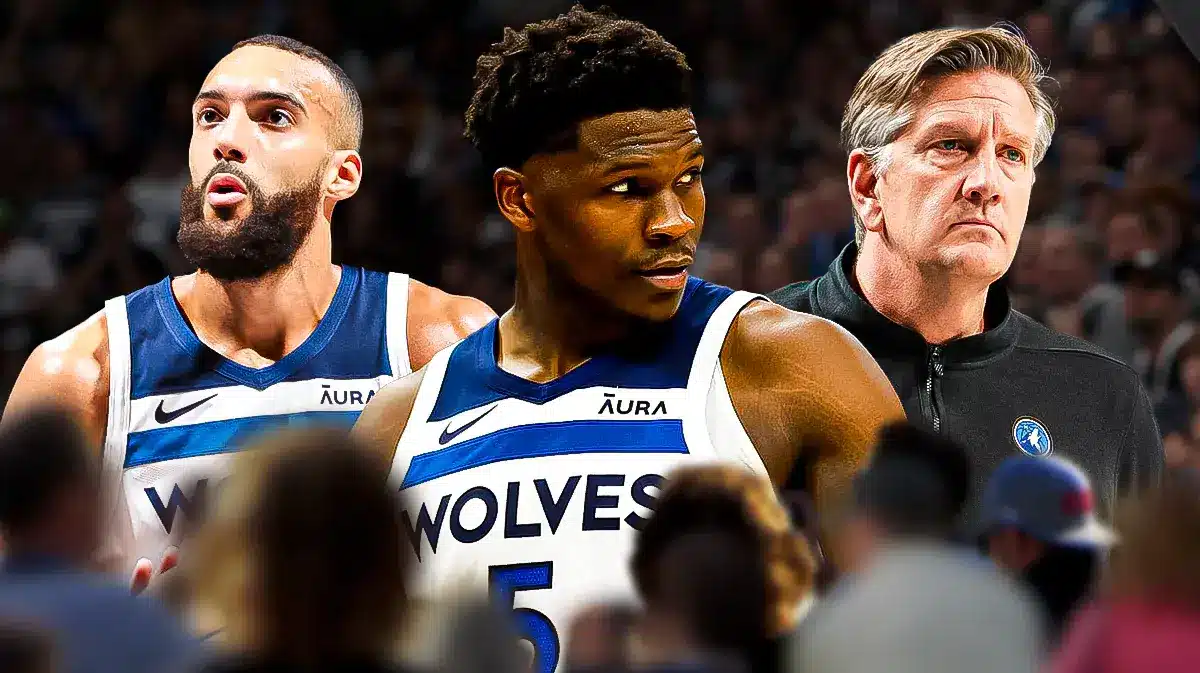
Minnesota led by 22 points at halftime behind a dominant start from Edwards and Karl-Anthony Towns, seemingly en route to another impressive win following Sunday's blowout of the Houston Rockets. The visitors took their foot off the gas after intermission, allowing Chicago to close within double-digits entering the final stanza.
The best defense in basketball should be able to hold a nine-point lead to start the fourth quarter, right, especially with Edwards and Towns cooking? Wrong.
The Wolves got stagnant offensively down the stretch, barely subsisting on Towns jumpers to score just 23 points on 7-of-18 shooting in the fourth quarter. They were just as listless on the other end, helpless to stop Coby White's perimeter onslaught while making several mental mistakes as Chicago rolled to a 66.7% shooting and five made triples, coming all the way back to force overtime. Minnesota managed just four points in the first three-and-a-half minutes of the extra session, digging a hole that proved too deep to climb before the final buzzer sounded.
Gobert suggested a specific solution for Edwards' postgame optimism, admitting the Wolves have a tendency to let down when up big. He also took a thinly veiled at the officials.
“We got to find a way to forget about the score and just be dogs for 48 minutes,” he said, per team insider Dane Moore. “Also, once again, too much talking to the officials. They’re not going to get better. I think we got to focus on ourselves.”
Coach Chris Finch seemed most perturbed by defensive breakdowns after the game. Offense continues to be his team's primary problem down the stretch, though, and it's one that could be magnified even more under the postseason microscope. In wake of Tuesday's action, Minnesota sports a 110.2 fourth-quarter offensive rating for the season at large, fourth-worst in the league.
It's not as “early” as Edwards says, by the way. The halfway point of the regular season blew by three weeks ago; the playoffs are somehow just two months away. Time really is running out for the Timberwolves to fix their late-game woes, and nothing but hopeful confidence and self-reflection suggests they'll be able to do it.









